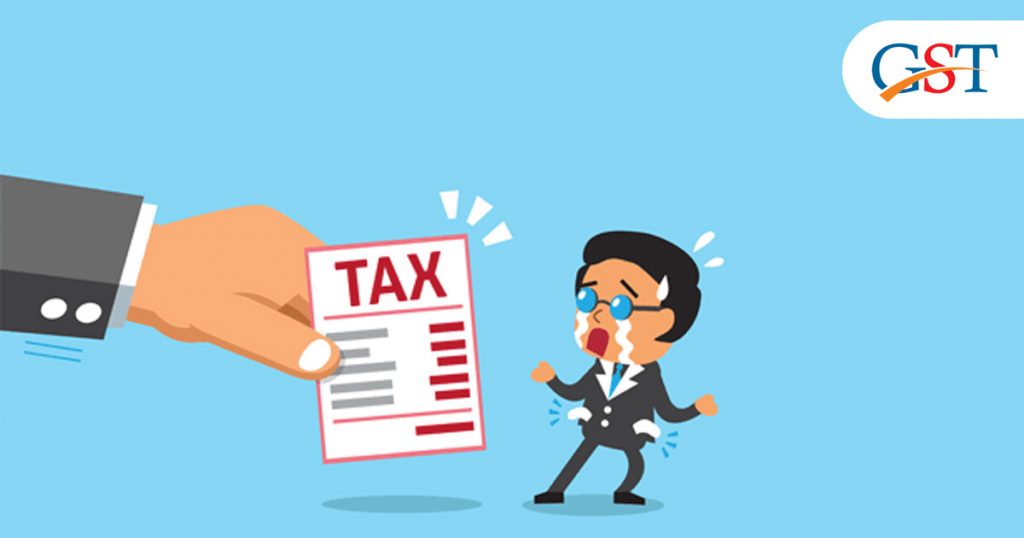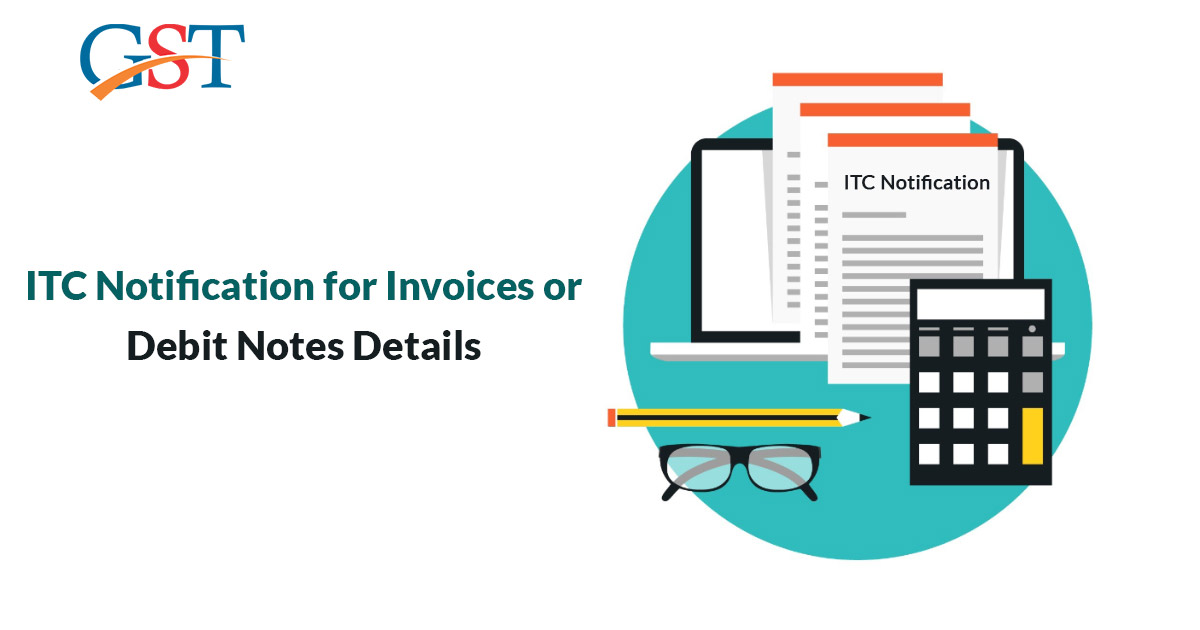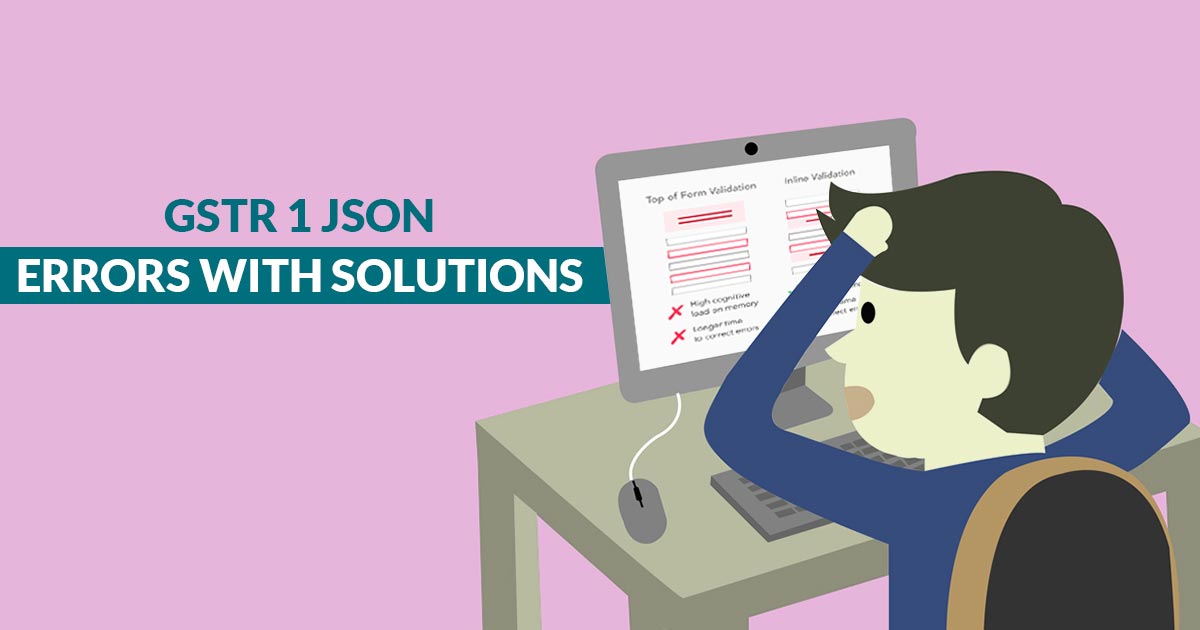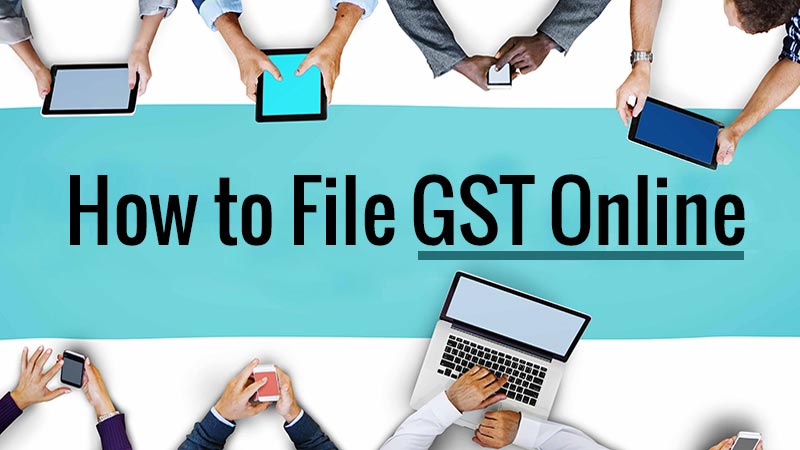
Lowest rate offered by the supplier may not be heart balm for you if you dig his yesteryear tax payment deeper.
Low rates offered by your supplier turn into a piece of unfortunate news for you if you are a GST registered businessman and your supplier is a defaulting taxpayer or he doesn’t pay taxes to the government on time.
Because the new rule which has been recently notified by the Indian government on 9th October holds back the buyer from claiming Input Tax Credit 
GSTR-1 is a monthly or quarterly return having details of all the outward supplies or sales. It has to be filed by every registered dealer or supplier before the 11th day of the next month. A buyer uses this furnished information to claim the ITC.
According to the new rule which was notified in the 2nd week of October, if the supplier fails to pay GST to the government or makes any mistakes in GST payments to the government, then that would lead to the prohibition of the ITC to the buyers of that supplier.
So, on-time tax payment by the supplier is more important than the lowest rate quoted by him. Only a regular taxpayer can be a good supplier for the registered buyer because he will let the buyers avail input tax credit under the GST.
The rules mandate the matching of ITC claimed in GSTR 3B by a buyer with the invoice details uploaded in GSTR 1 form by the supplier.
If any differences occur in the ITC claimed and details reflected in GSTR 1 due to the non-payment of tax by the supplier to the government or because of defaults in Form GSTR 1 filing 
The entire amount of ITC can be claimed by the buyer only when the taxes have been duly deposited to the government and details has been correctly uploaded in Form GSTR 1 by the supplier.
ITC needs to be fully settled down because the amount of ITC withheld can be up to the limit of 10% of the monthly working capital need of the buyer. So, this may result in cash flow issues especially for the medium and small size firms who already face liquidity problems.
The best idea here to first check the tax payment history of the supplier before making a deal. Small and medium-sized firms need to make some extra efforts to ensure that they will get entire ITC for which they are eligible, on a later date. Those extra steps include the reviewing of suppliers adherence to the tax-related rules & regulations and ensuring that supplier correctly files GST returns 
Some of the parameters which should be considered before finalising a purchase are as follows:
- Price cited by a supplier but make sure to not to blindly follow the L1 concept i.e. the lowest rate by the supplier.
- Products’ quality and after-sale service.
- Terms & Conditions of Payment.
- Suppliers’ Tax Payment history is one of the most important activities to be executed before finalising the deal. The history of the tax paid by the supplier can be reviewed on the GSTN portal.









